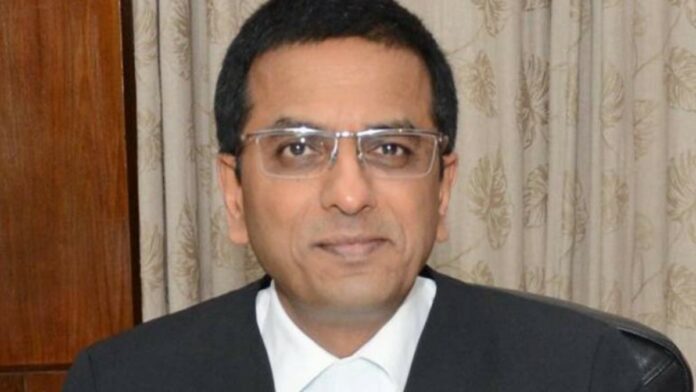
Despite the fact that Supreme Court judges see injustice against women on a daily basis, Justice DY Chandrachud recently stated that the Indian Constitution is a transformative constitution that tries to correct systemic inequities resulting from patriarchy. He stated that our society is built on the sexual division of labour between men and women, which is the foundation of its patriarchal system, and that this division is natural. He discovered, however, that this split has broader ramifications for our society.
The Supreme Court justice was addressed at the National Legal Services Authority’s (NALSA) national-wide launch of legal awareness programmes in partnership with the National Commission for Women (NCW). Any deviation from heteronormativity is perceived as deviance, according to Justice Chandrachud, who used the examples of gender non-conformance manifested through Trans or non-binary identities or sexual orientation. He said that this occurs because they weaken the basic foundation of the gender binary and the subsequent gender roles.
He also used instances from his job as a judge, highlighting real-life situations where the ideals of law and the current state of society differed. “When a daughter in law is forced out of the house due to a matrimonial dispute, she is advised that the husband has no legal title or interest in the joint family property when she makes a complaint under the Domestic Violence Act.” The lady is told that the business belongs to a joint family and that the husband is simply a salaried partner in the business when the award of maintenance is sought to be enforced,” he added. As a result, the judge emphasised the importance of taking an integrated approach to women’s discrimination and violence.
“In a recent decision involving Scheduled Caste women, I noted that a woman’s identity is influenced by her caste, class, religion, handicap, and sexual orientation, and she may confront violence and prejudice on two or more grounds,” he remarked.
When discussing public intolerance in the country, attention was called to a recent advertisement depicting a same-sex couple’s karva chauth, which had to be pulled down due to “public intolerance.” Even if our laws grant women rights and the Constitution recognises these rights, he stressed that women must be made aware of how to exercise them. “These rights cover a wide range of topics, including property, succession, and employment. However, raising legal awareness among women about how to enter the workforce in the first place is vital,” the judge stated.





